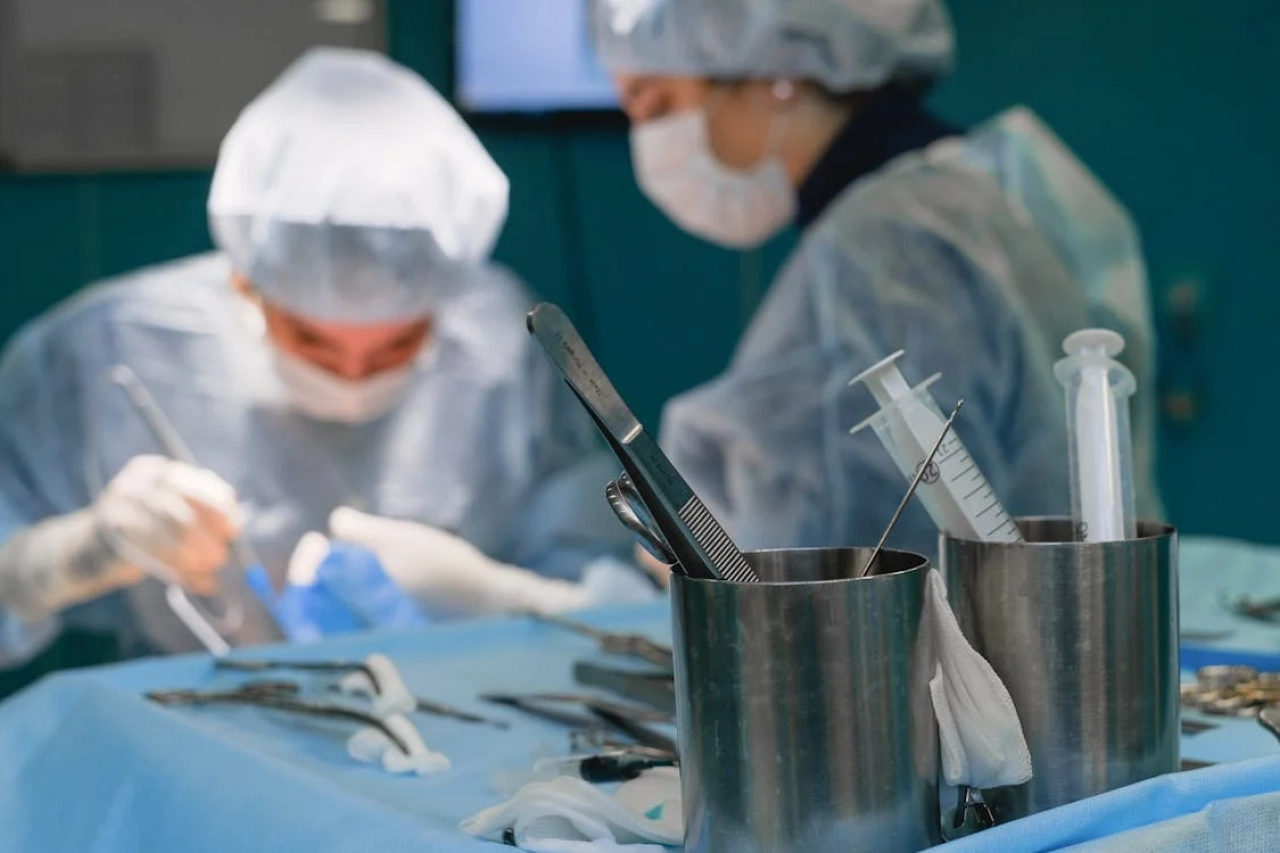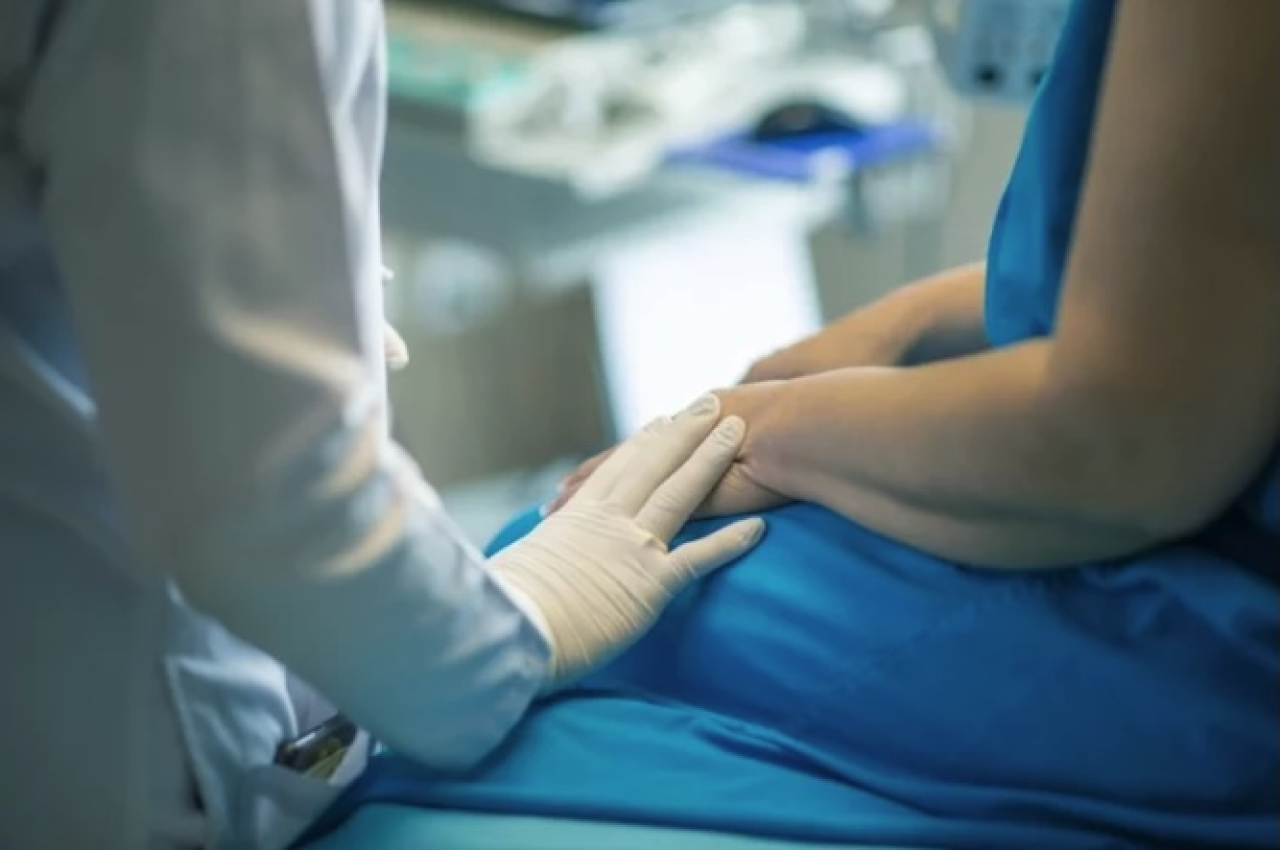Did you know we have a support group?
Your questions and concerns have most likely been asked and answered in our support group. Moderated by our dietitian's, nurses, and staff. We provide you with reliable patient education and resources to help you throughout this life-changing process.
The Link between Gut Biomes and Obesity
TED (Technology, Entertainment, Design) recently posted an article entitled “Can your biome make you fat?”, which features the work of Sandra Aamodt, a neuroscientist and author of the book Why Diets Make Us Fat. This book outlines the correlation between a person’s microbiome and their Body Mass Index (BMI).
The human microbiome resides on or within a number of tissues in some of our major organs like mammary glands, lungs, biofluids, saliva and gastrointestinal tracts – to name just a few. The human gut – a large component of our gastrointestinal system –contains trillions of bacteria. We need these gut bacteria to digest our food and extract and convert the food into energy along with our digestive enzymes.
Aamodt’s book describes an experiment where researches produced “germ-free mice” without any gut bacteria that were raised in an insolation chamber. These germ-free mice ate 29% more food but had 42% less body fat than mice raised normally. When they were transplanted gut bacteria from a normal mouse, they started eating 27% less food, the same as a normal mouse while increasing their body fat by 60% in two weeks. However, when the germ-free mice were transplanted with gut bacteria from an obese mouse, they gained about twice as much weight as when the bacteria came from a normal mouse.
Gut Bacteria and Digestion
Bacteria types that commonly lead to weight gain and obesity are the ones that are especially good at extracting food energy. They are also good at breaking down complex carbohydrates. However, gut bacteria also have a profound impact on the absorption of nutrients – more than you would think!
Gut bacteria can have the following effects on our digestion:
Slow the movement of food – this allows for a complete extraction of nutrients
Increase the production of a particular enzyme – this moves glucose more efficiently from the small intestine into the blood
Suppress lipoprotein – this limits the ability of fat cells to take over fatty acids and triglycerides from the blood which allows for an increase in fat storage (this is particularly important as a regulator for obesity)
Reduce the use of fat for energy in the liver and muscles
The article and book allude to the idea that the lipoprotein suppression is what makes the mice gain 10% of their weight rather than 60%. The regulator of this pathway is blocked after the gut bacteria are transplanted.
The Main Issues with Treatment
Three main issues that stop this research from turning into a full treatment are:
They have not yet figured out how to apply this to help people lose weight. While there are possibilities with bacteria species that can help, it will be a long time before a microbiome therapy is born.
There’s too much of a discrepancy between the animal research and clinical therapy world – doctors can’t transplant bacteria into germ-free people the way they did with the mice in the study. Researchers will have to learn to work with the species already present in the gut.
Researchers are trying to find out what a desirable population of gut bacteria looks like. There are so many replications to be tried, from the ancestral microbiome to modern hunter-gatherers. The microbiome is also affected by adaptations to lifestyle, food sources and the type of bacteria in your body.
Microbiomes and Obesity
People with a less diverse set of gut bacteria are more likely to have weight issues and issues with their metabolism like metabolic syndrome (high blood pressure, blood sugar issues, cholesterol problems), all of which have adverse health effects.
The article states that based on their microbiome, researchers can predict whether a person will be of normal or abnormal weight with up to 90%, as opposed to 58% accuracy based on their genes. This is exciting news, and also sheds light on current issues regarding the overuse of antibiotics and how it can strip a person’s gut bacteria away to worsen or even cause weight gain problems.
This is but one in a series of emerging studies on microbiomes and their effect on our health, and their findings look promising for the future of obesity treatment. It is important to note that bariatric surgery is known to alter the microbiome of patients and may be one of the reasons why it is so successful for weight loss.


